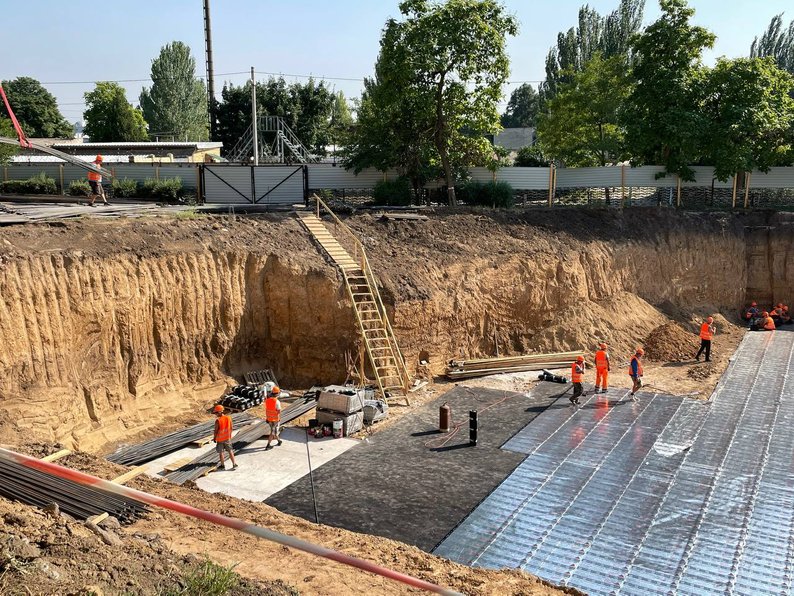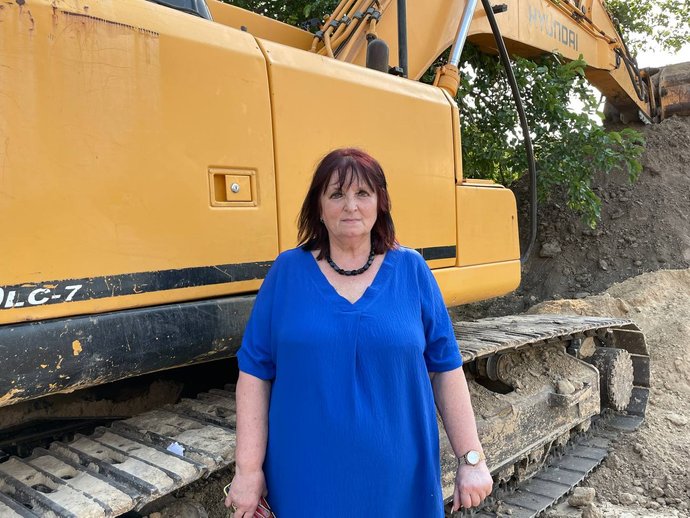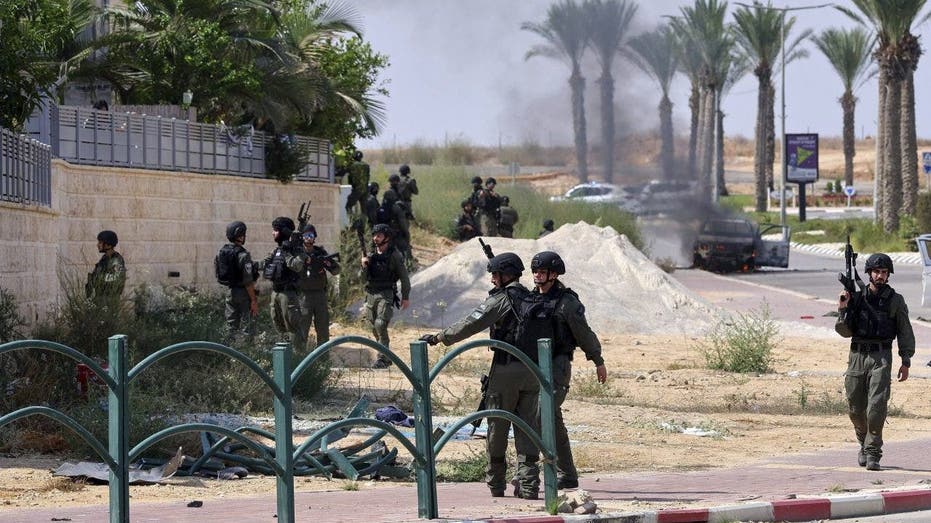Zaporizhzhia underground school protects against Russian missiles, nuclear strike
Schooling when Russia is a neighbor looks like this


Zaporizhzhia Oblast, a frontline region in southeastern Ukraine, is undertaking an ambitious project to construct 10 underground schools as a protective measure against potential Russian missile strikes.
With Russia’s full-scale invasion on 24 February 2022, Ukrainian towns fell under devastating missile and artillery strikes. For many frontline regions, this meant that schoolchildren were forced to transition to online learning, as schools lacking underground shelters could not ensure their protection during Russian attacks.
Such shelters have since been renovated and constructed, but some locations, such as Zaporizhzhia’s frontline regions, are so close to the frontline that a Russian missile can hit them within less of a minute of being launched.
Hence the need for schools located fully underground.
According to Ivan Fedorov, head of the Zaporizhzhia Oblast Military Administration, the project aims to accommodate nearly 45,000 students for in-person learning by the end of the year. “We’re doing everything to create safe conditions for the educational process in Zaporizhzhia, despite the difficulties and challenges,” Fedorov stated, Suspilne reported. Currently, six schools are under construction.
One of the underground schools, currently under construction, will be located 7 meters below ground and span an area of 1,500 square meters. This facility, which doubles up as a shelter to protect against a nuclear attack, built on the premises of School No. 88, is designed to accommodate 500 students and is expected to open its doors this autumn.
Lyudmyla Zlatova, the principal of School No. 88, explained the rationale behind choosing their location to Suspilne: “Our school is the only one in this particular neighborhood. There’s no alternative for children to attend, so they chose our school.” She added that while most parents have responded positively to the initiative, some are still considering whether it’s necessary.

The construction of these underground schools is not without significant financial implications. Fedorov revealed that the total estimated cost for one such school is 112 million hryvnias ($2.7 million), with 70% coming from state subventions and 30% from local funds. This budget covers everything from construction to interior furnishings, including desks, furniture, and blackboards.
The decision to build underground schools in Zaporizhzhia is driven by the stark reality of Russia’s ongoing war. With Russian missile flight times to the city estimated at just 40-50 seconds, traditional above-ground facilities are deemed too risky for students’ safety in many frontline regions. The regional administration is prioritizing areas closer to the front lines and locations lacking adequate shelter facilities.
In addition to the underground schools, the city is also investing in a fleet of 25 school buses. These vehicles will transport students from neighboring schools to facilities equipped with proper shelters and bomb shelters, ensuring safe and comfortable learning environments.
While the goal is to eventually construct around 20 underground schools to meet the region’s needs fully, current plans aim to complete 10 by the end of the year. Fedorov acknowledged that time, funding, and the availability of contractors capable of undertaking such specialized construction are limiting factors in the project’s scope and timeline.
Zaporizhzhia is not the only Ukrainian region forced to school its students underground.
Ukraine’s first underground school was built in Kharkiv, a city so subjected to near-daily Russian strikes that in-person schooling was canceled altogether. Before that, it was using its metro as an underground school.
Apart from underground schools, Ukraine is building underground maternity wards.
Beneath the bombs: Inside Ukraine’s underground schools and maternity wards
You could close this page. Or you could join our community and help us produce more materials like this.
We keep our reporting open and accessible to everyone because we believe in the power of free information. This is why our small, cost-effective team depends on the support of readers like you to bring deliver timely news, quality analysis, and on-the-ground reports about Russia's war against Ukraine and Ukraine's struggle to build a democratic society.
A little bit goes a long way: for as little as the cost of one cup of coffee a month, you can help build bridges between Ukraine and the rest of the world, plus become a co-creator and vote for topics we should cover next. Become a patron or see other ways to support.


